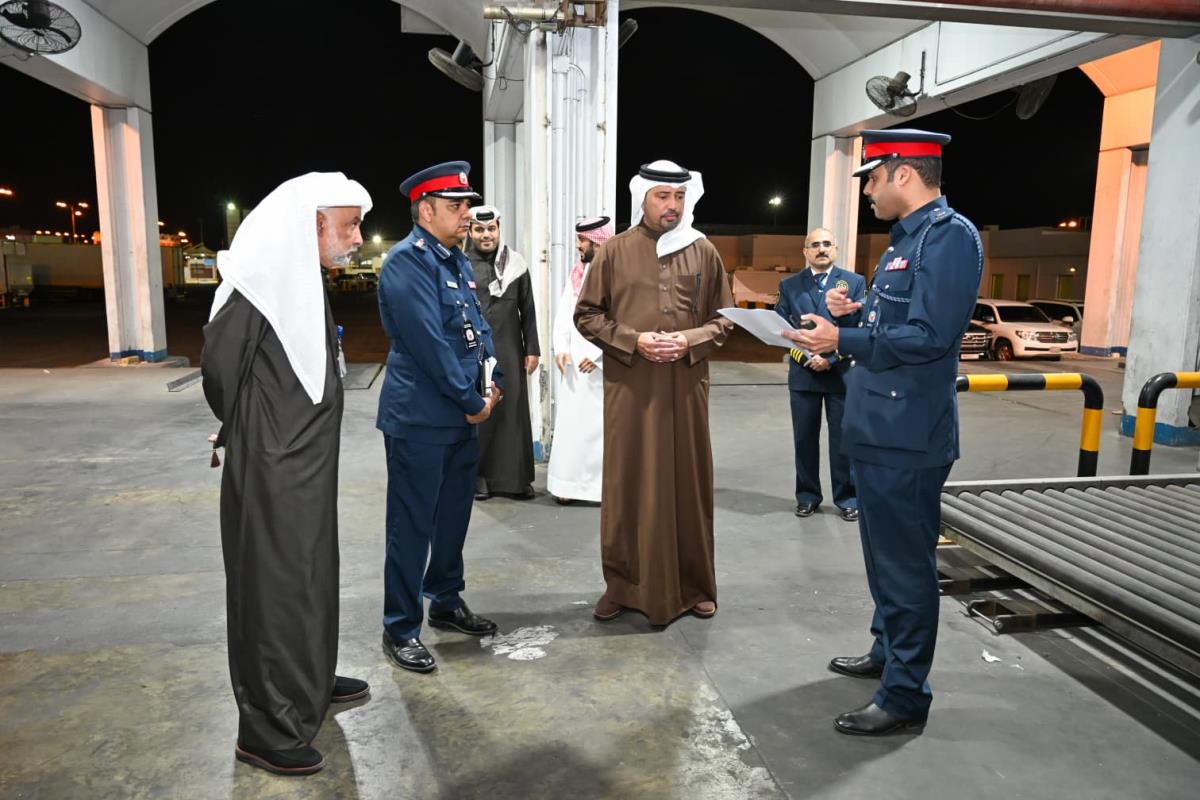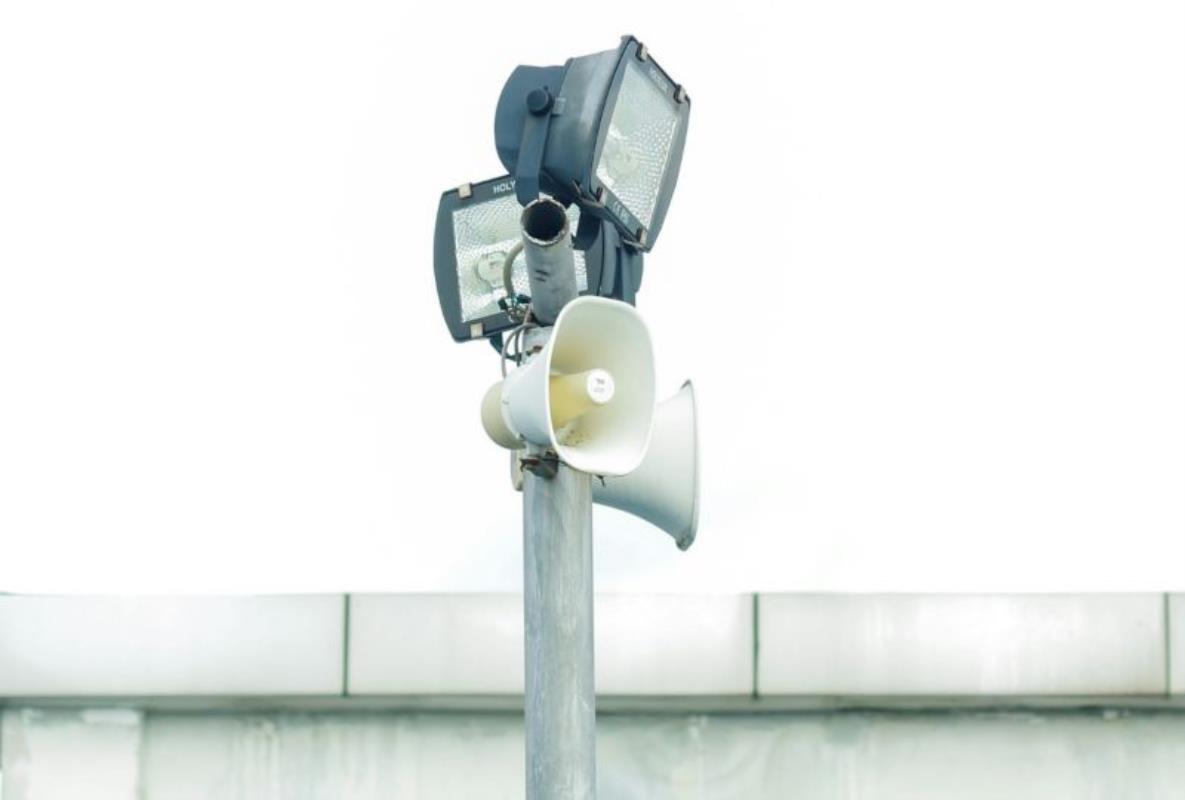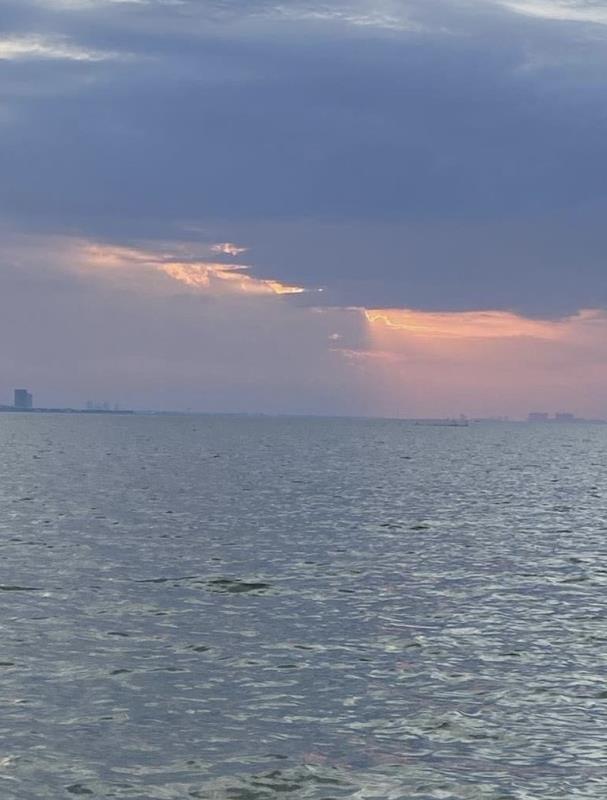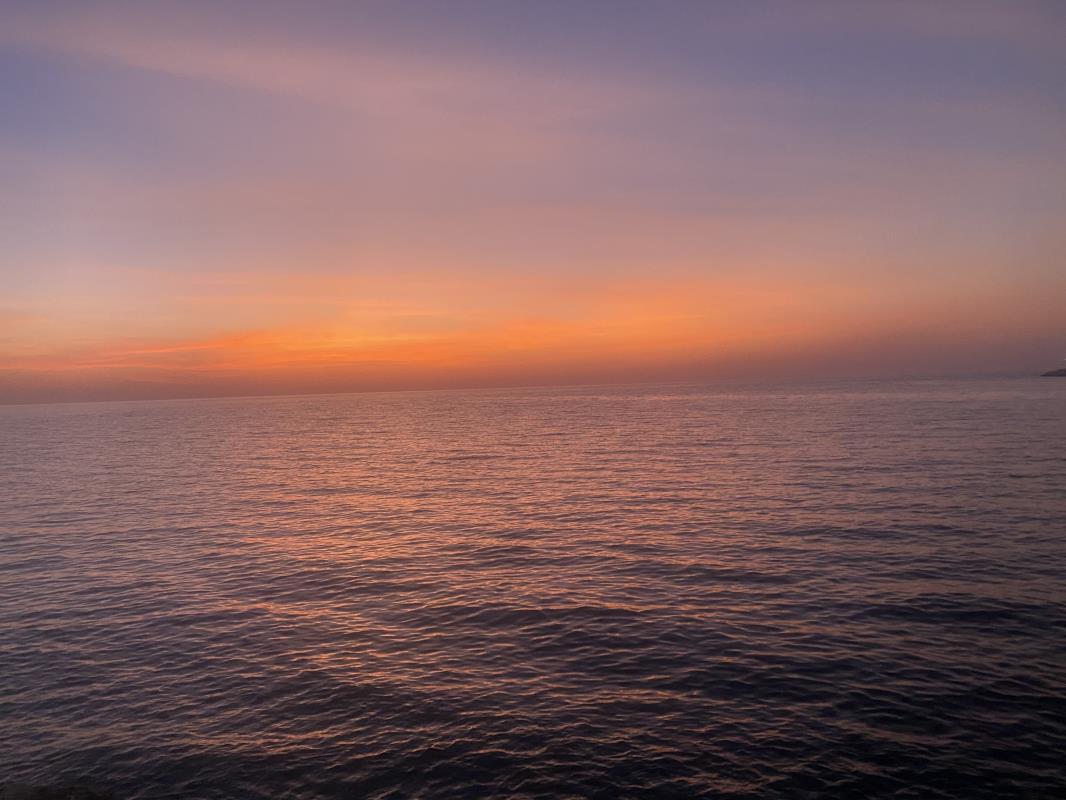
Set over less than 24 hours on the Western Front, the harrowing 1917 is both simple in its story and breath-taking in its execution; intimate yet epic.
Newly-knighted director Sir Sam Mendes (of American Beauty and Skyfall prestige) has delivered a completely engrossing survival thriller about two young British soldiers, Schofield (George MacKay) and Blake (Dean-Charles Chapman), on a perilous mission behind enemy lines.
Neither soldier is written to be particularly exceptional upon their introduction; they’re just two of the countless ‘average Joe’ troops fighting in the First World War. It’s their very ordinariness and almost anonymous nature that lends this duo immediate sympathy and relatability. Blake and Schofield could be anyone, but they’ve been tasked with doing something extraordinary and heroic in the face of relentless danger, namely to deliver a time-sensitive message to another division to prevent them from falling into a German trap. If they fail to deliver it then 1,600 soldiers, including Blake’s older brother, will die.
The conceit of 1917 is that the whole movie is presented as a single tracking shot (not actually shot in a single take, but accomplished using movie trickery, clever blocking and so on). While this approach to moviemaking has been done several times before, here this feels less like a gimmick and instead leaves you fully immersed in the journey of Blake and Schofield. You feel the danger, bewilderment, and anxiety of their mission every gruelling step of the way because you’re right there with them.
Mendes crafts one ordeal and tension-fraught set-piece after another to put the young protagonists through. In 1917, death can come at you from any space, any location, whether it’s in a claustrophobic German tunnel or a wide-open field. Nowhere is safe. In addition to Mendes’ taut direction, the stunning cinematography by Roger Deakins, stealthy editing by Lee Smith, and exceptional production design by Dennis Gasner all contribute to making the viewer feel like they’re really there on the ground in war-torn France.
Visually, the film isn’t set solely in the muddied trenches and barbed-wire battlefields we expect from WWI films. 1917 also showcases action and suspense scenes set in serene fields and fire-ravaged French villages full of lurking dangers. The rustic beauty of the quaint European countryside is frequently juxtaposed against the mangled bodies and smashed machinery of man-made carnage. It’s simultaneously picturesque and grotesque.
The awe and precision of the whole one-take approach wouldn’t have as much impact if you didn’t care about the two main characters. Details of Blake and Schofield’s lives before and outside of the war come in bites; the closest thing to an exposition dump comes when they get their mission. After that, they’re literally off and running with the viewer following beside – or often stalking right behind – them. The script wisely uses restraint in verbal explanation and leans on physical storytelling to allow us to understand what their two main characters are feeling, and 1917 is only strengthened by that.
A large chunk of the second half of the movie takes place without dialogue, and it’s a testament to its leads’ performances that we fully understand and are immersed in their emotional, harrowing journey without them needing to speak. While it’s the punishing physical demands of their roles you won’t soon forget, Chapman and MacKay also both admirably showcase their respective character’s vulnerability, fear and sheer will in their quieter and most desperate moments. These are the scenes that keep you invested in the human drama amidst all the grim spectacle.
Several familiar actors also pop up along the way in glorified cameos as officers – including Colin Firth, Benedict Cumberbatch and a particular scene-stealing performance from Andrew Scott – but they never distract from the main duo. These stars play the older men whom callow youths follow into battle without question, likely never to return home.
While films showing that ‘war is hell’ is nothing new, 1917 stands out for its vivid recreation of World War I, a horrible conflict that hasn’t been documented on screen nearly as much as WWII, in nerve-wracking, sensory-overloading and emotionally wrenching detail.
Ultimately, 1917 is an expertly crafted and emotionally exhausting thrill-ride behind enemy lines. Gloriously shot, deftly paced and striking in its gruesome recreation of the time and place, the film wisely never loses sight of the smaller, intimate elements in a fast-paced story with immense scale and action.
The best film of the decade … so far!
5/5












































































Hadi 1/19/2020 7:24:40 PM
I was expecting to see more from Colin Firth and Benedict Cumberbatch, especially that i have seen a poster for the movie with Cumberbatch on it but eventually he didn't add much to the movie. However, he was a key character in the film and I think it would have been better if the movie was divided into two paths that could give Cumberbatch more space in the movie.